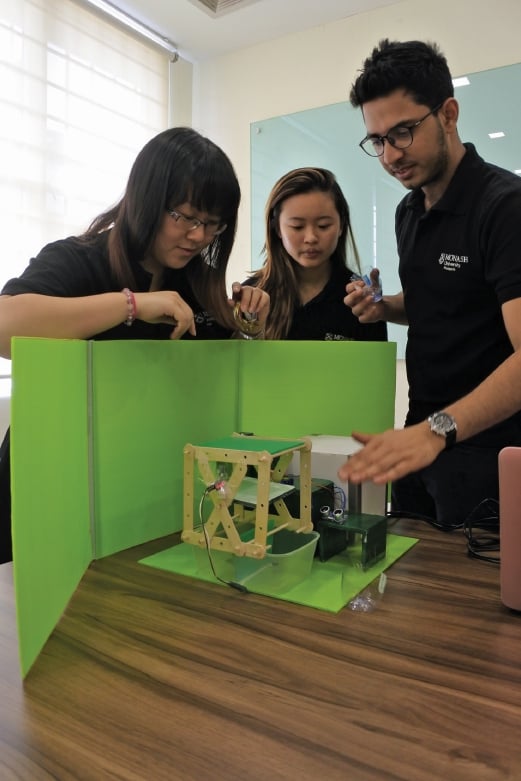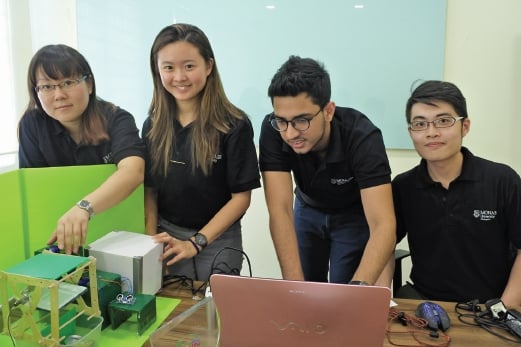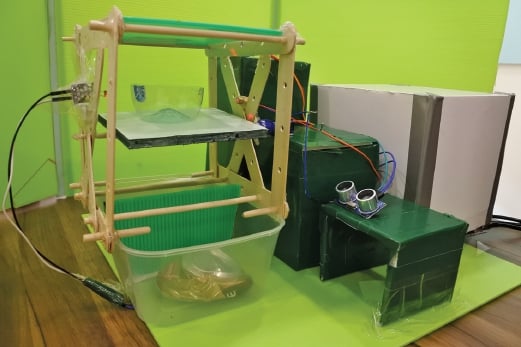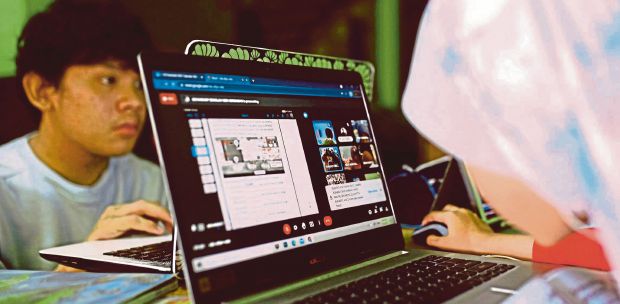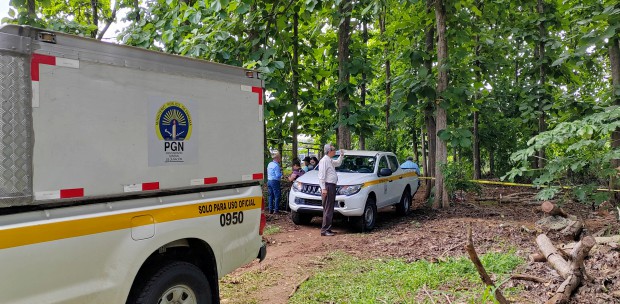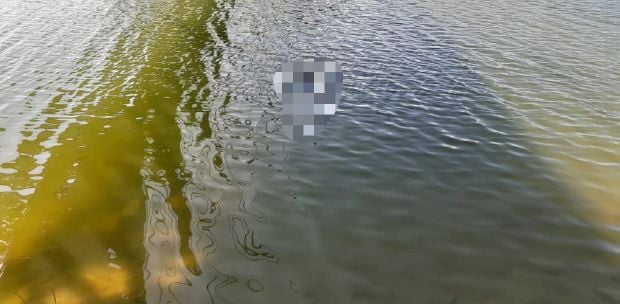INNOVATIVE: Students challenged to produce green solutions
SEPARATING our trash these days takes up too much effort, time and space. American television host and journalist Bill O’Reilly once remarked: “I consider myself a law-abiding person. But I’m exhausted. I don’t know where to put the bottles, newspapers, cans, and other stuff for garbage pickup outside my house.”
A team of young students from Monash University has thoughtfully taken into consideration the trials and tribulations of the person grappling with recycling trash, and come up with an innovative solution called a Dynamic Trash Separator.
Chemical engineering students Alison Tan, Kathrynn Tan, Victor Ong Zhenquan and Karam Puri, aged between 22 and 23, entered the GreenTech Youth Innovation Challenge at the encouragement of their lecturer at Monash’s School of Engineering, Dr Babak Salamati. Organised by the Asia School of Business, MIT Sloan Management and GreenTech Malaysia, it was held in conjunction with the 7th International Greentech & Eco Products Exhibition & Conference Malaysia (IGEM 2016).
The students had learnt some basic coding in their first year which helped them to grasp the knowledge shared at the start of the challenge by the mentors from MIT. After a two-day workshop where the participants were given basic knowledge in electronic engineering, taught to use technology such as Arduino (an open-source electronic prototyping platform that enables users to create interactive electronic objects) and made to identify real-life problems within the community, the students were given one day to come up with a green-technology solution.
Karam Puri, who was in charge of the team’s pitching, said that the Dynamic Trash Separator is designed to use inductive and capacitance proximity sensors to help separate metal, plastic, paper and glass materials mechanically. Capacitive sensing is a non-contact technology suitable for detecting metals, non-metals, solids, and liquids.
During a demonstration of their product, Puri explained that a sensor is used to activate the trash can lid so that it will open when an object or person is blocking the sensor. “As light cannot pass through metal, a sensor activates the lever in the trash can to drop the metal object scanned into a compartment in the bin. As for paper and glass, the sensor will gauge the amount of light reflected, separating them from the metal into another compartment. By a process of elimination, plastic will go to the bottom of the bin as it cannot be categorised as metal, paper or glass.”
The team shared that for now, they have only managed to figure out how to separate non-organic material using the prototype. The other disadvantage of the prototype is how the surrounding light can easily affect the sensors, thereby causing it to malfunction. When this happens, the team would have to re-calibrate the sensors and programme it again to suit the new ambience.
Celebrating their win, team leader Alison Tan said: “We are ecstatic about our win and are proud of our design. The GreenTech Youth Innovation Challenge was a truly unique and rewarding experience. We learnt just how important going green is and the design skill developed over the four days is something that we can depend on for the rest of our student and working lives.”
Calling themselves Team Ecosolutions, the team brought home a trophy, a one-day innovator camp worth RM2,000, and got a ride in the iconic Tesla S electric vehicle. The teams were judged according to four criteria: innovation, pitching, relevance and demonstration.
On the challenge and participants who were from universities around Klang Valley, Asia School of Business president and dean Charles Fine said: “The MIT-inspired GreenTech Youth Innovation Challenge is in line with our mission to develop transformative and principled leaders who will contribute to a better future.”
“We were truly impressed by the out-of-the-box thinking and novel solutions developed by the teams. We look forward to the impact these young leaders will have on the market in the future,” he added.


